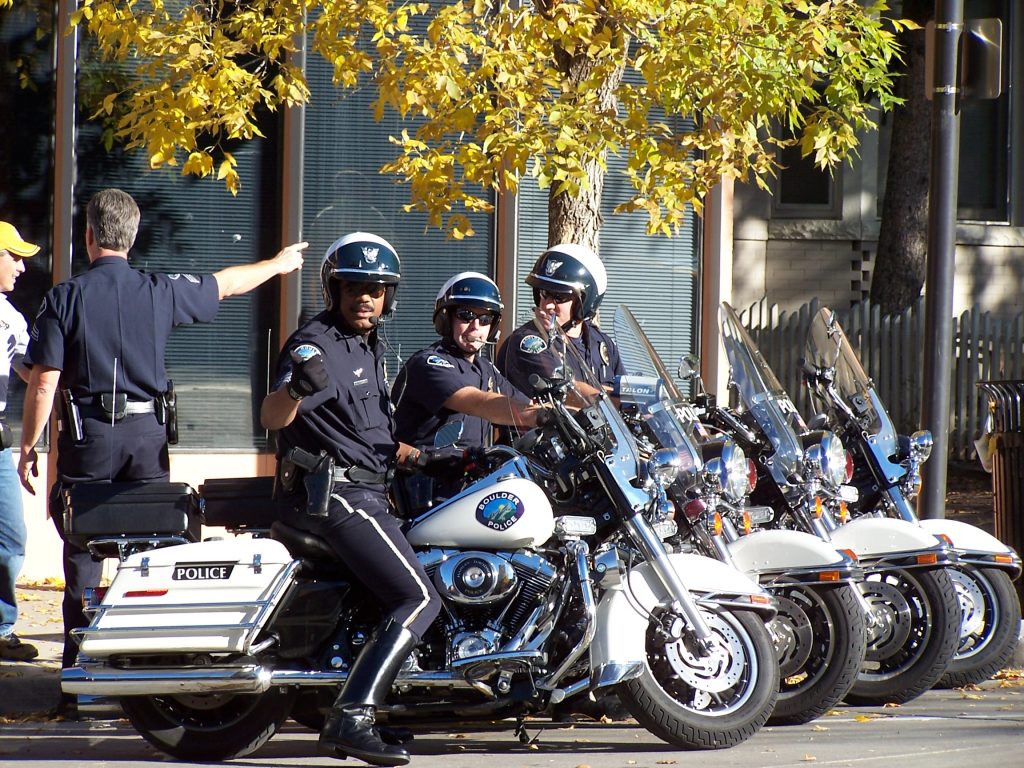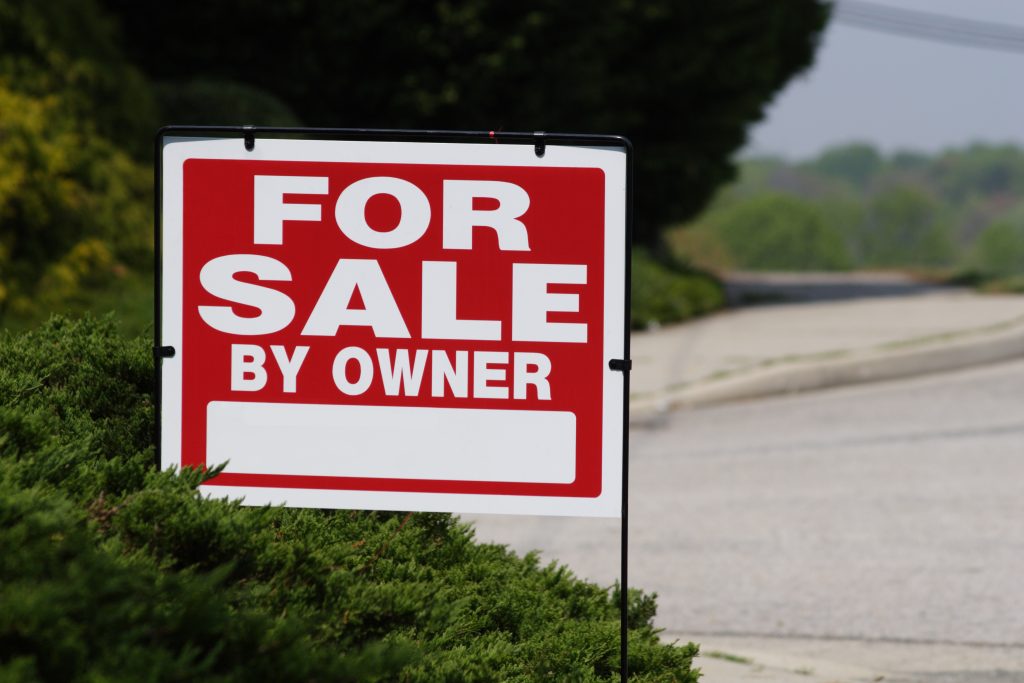 When a person files a lawsuit, they generally have the right to be heard on their complaint. However, depending on when the lawsuit is brought, the action may be barred due to the lapse of time between the events leading to the lawsuit and the date the lawsuit is filed. This rule is known as prescription and the problems that can arise for plaintiffs from this rule can be seen in a lawsuit arising out of of Hammond, Louisiana.
When a person files a lawsuit, they generally have the right to be heard on their complaint. However, depending on when the lawsuit is brought, the action may be barred due to the lapse of time between the events leading to the lawsuit and the date the lawsuit is filed. This rule is known as prescription and the problems that can arise for plaintiffs from this rule can be seen in a lawsuit arising out of of Hammond, Louisiana.
The plaintiff, Robert DeVance, brought a lawsuit in April of 2007 alleging that he was falsely arrested and beaten while handcuffed by two Hammond police officers. Later, on March 5, 2009, Mr. DeVance filed an amended complaint naming three new Hammond police officers as defendants. In his amended complaint, Mr. DeVance alleged that he was “hogtied” by the three new defendants while being held at the local jail. This treatment, claims Mr. DeVance, caused him to receive severe injuries due to tightly placed handcuffs on his wrists.
The new defendants filed an exception of prescription, which may release a defendant from responsibility by a lapse of time between the action and the time a lawsuit may legally be brought. These periods are usually laid out in the text of the laws themselves. The rule of prescription has its origins in public policy. This policy is not to deny relief for those who have been harmed, but to provide the liable individual with some assurance that if a lawsuit is not filed against them in a timely manner they do not have to remain constantly worried that they will be sued at anytime in the future.
 Louisiana Personal Injury Lawyer Blog
Louisiana Personal Injury Lawyer Blog


 Fortune 500 company, Johnson & Johnson is in hot water over recent lawsuits contending that the medical device, pharmaceutical and consumer goods manufacturer was aware of an increased risk of ovarian cancer in women who regularly used talcum powder on or near their genital region, but failed to disclose those dangers to its Baby Powder consumers. The company’s Baby Powder product is talcum powder, or talc, based. Amidst the potential and pending lawsuits, which now number over 1,000 and span across the nation, arising against Johnson & Johnson, we broke down five things you should know about the recent and potential claims.
Fortune 500 company, Johnson & Johnson is in hot water over recent lawsuits contending that the medical device, pharmaceutical and consumer goods manufacturer was aware of an increased risk of ovarian cancer in women who regularly used talcum powder on or near their genital region, but failed to disclose those dangers to its Baby Powder consumers. The company’s Baby Powder product is talcum powder, or talc, based. Amidst the potential and pending lawsuits, which now number over 1,000 and span across the nation, arising against Johnson & Johnson, we broke down five things you should know about the recent and potential claims.
 There are two sides to every story — and to every lawsuit. In many lawsuits, each side’s story is plausible, and the trial court’s decision ultimately comes down to which story was
There are two sides to every story — and to every lawsuit. In many lawsuits, each side’s story is plausible, and the trial court’s decision ultimately comes down to which story was  We enter into contracts all the time without even realizing it. However, when you enter a contract for the sale of commercial property, you know it — long documents, lots of formalities, and possibly substantial monetary consequences are involved. You had better be sure you want to sell that property. As a recent case illustrates, even if a party to a contract for the sale of commercial property changes their mind, a court can still enforce the contract and order that party to perform. In other words, a court can order a seller to abide by the terms of the contract and complete the sale of commercial property to the purchaser.
We enter into contracts all the time without even realizing it. However, when you enter a contract for the sale of commercial property, you know it — long documents, lots of formalities, and possibly substantial monetary consequences are involved. You had better be sure you want to sell that property. As a recent case illustrates, even if a party to a contract for the sale of commercial property changes their mind, a court can still enforce the contract and order that party to perform. In other words, a court can order a seller to abide by the terms of the contract and complete the sale of commercial property to the purchaser. When a person is harmed or comes across what that person sees as an injustice, that person may feel that the only way out is through the courts. However, someone seeking help in the courts must be sure that the problem is one that a court can help. An injunction is a method by which someone can ask a court to order a person or company to either do something or stop doing something. Usually it is required in Louisiana that the party requesting an injunction be at risk of irreparable harm or harm that cannot be undone by the payment of money. This does not apply, though, if the action to be stopped is illegal to begin with.
When a person is harmed or comes across what that person sees as an injustice, that person may feel that the only way out is through the courts. However, someone seeking help in the courts must be sure that the problem is one that a court can help. An injunction is a method by which someone can ask a court to order a person or company to either do something or stop doing something. Usually it is required in Louisiana that the party requesting an injunction be at risk of irreparable harm or harm that cannot be undone by the payment of money. This does not apply, though, if the action to be stopped is illegal to begin with.  In initiating a lawsuit, timing is critical. In Louisiana, the doctrine of prescription bars a claimant’s legal right of recovery when he or she fails to exercise it within a given period of time. This doctrine functions somewhat similarly to what is known as the “statutes of limitations” in other U.S. states. However, certain statutory provisions “stop-the-clock” so to speak, and suspend the time within which a lawsuit must be brought. This entails precise timing calculations for determining prescriptive period or “deadline” for bringing a claim. Failure to comply with these deadlines means no recovery, as demonstrated by a recent opinion of Louisiana Fifth Circuit Court of Appeal in a lawsuit asserting medical malpractice claims.
In initiating a lawsuit, timing is critical. In Louisiana, the doctrine of prescription bars a claimant’s legal right of recovery when he or she fails to exercise it within a given period of time. This doctrine functions somewhat similarly to what is known as the “statutes of limitations” in other U.S. states. However, certain statutory provisions “stop-the-clock” so to speak, and suspend the time within which a lawsuit must be brought. This entails precise timing calculations for determining prescriptive period or “deadline” for bringing a claim. Failure to comply with these deadlines means no recovery, as demonstrated by a recent opinion of Louisiana Fifth Circuit Court of Appeal in a lawsuit asserting medical malpractice claims. 
